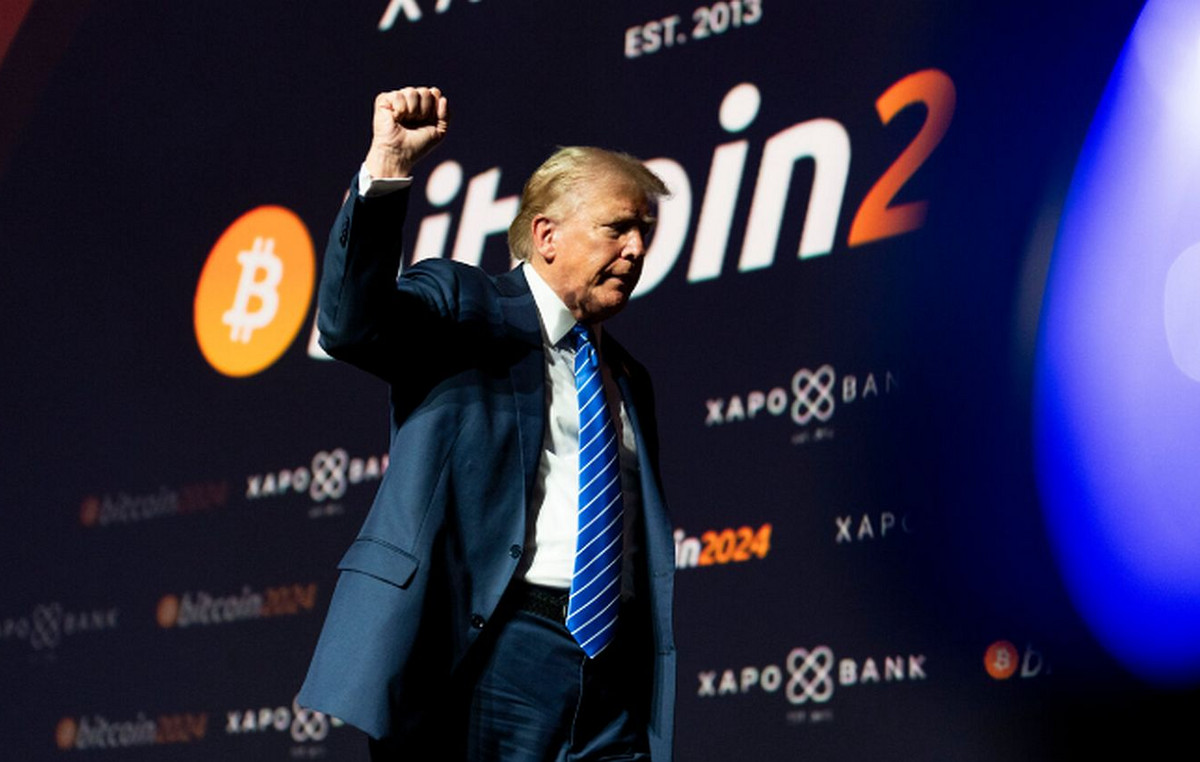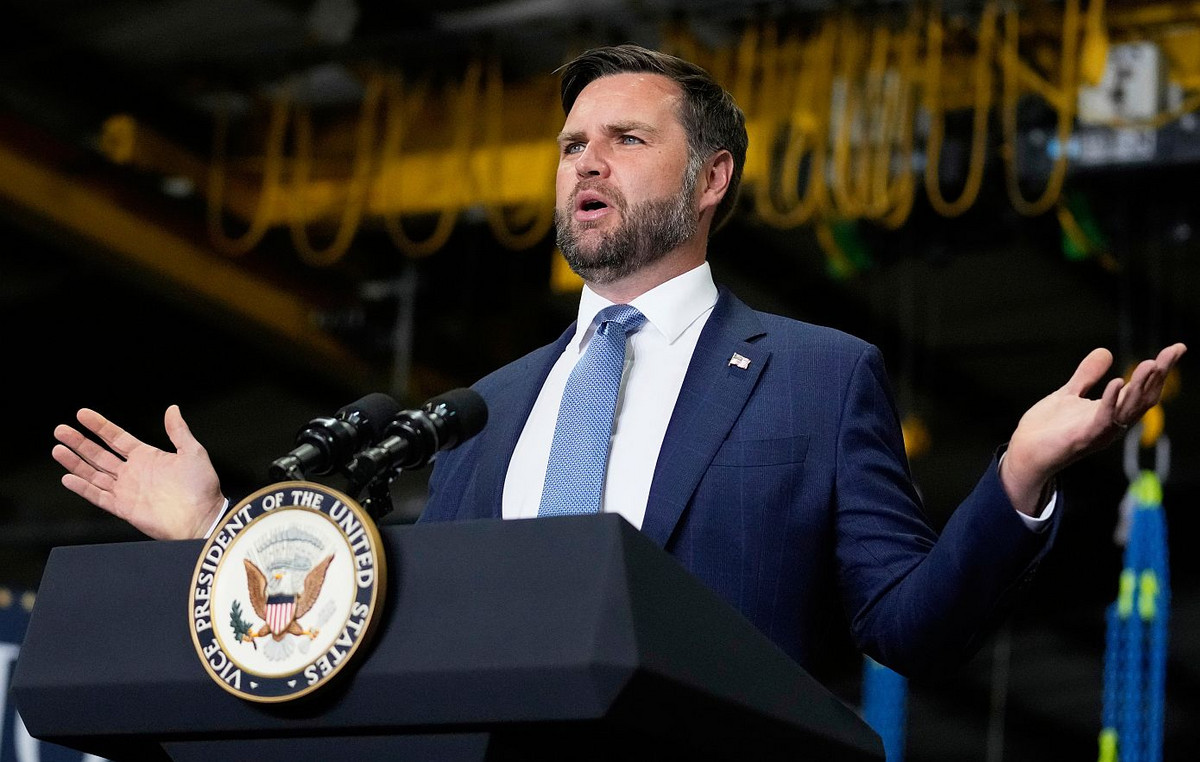It is perhaps the event of the year for anyone even remotely interested in monetary policy and its consequences for capital markets and the real economy, comments Handelsblatt. Around the world, trading rooms were on high alert as Fed Chairman Jerome Powell began his speech at the central bankers’ traditional meeting in Jackson Hole on Friday.
This time, the audience didn’t have to read between the lines. Powell chose unusually blunt words for a central banker to make clear that the Fed will resolutely continue on its rate-hiking path and that easing is out of the question for now.
Such a clear announcement was Powell’s only chance. The central bankers hand must not tremble. They should show no sign of weakness in the fight against inflation. This applies not only to the Fed, but also to the European Central Bank (ECB). For too long, both have hesitated in the fight against inflation.
This mistake may be understandable – after all, central bankers had to weigh whether they should really risk delaying the post-Corona crisis recovery with significant interest rate hikes. However, this hesitation has consequences: If they do not want to jeopardize their credibility forever, they must now act even more decisively and accept a recession if necessary.
The problem of central bank credibility is highlighted by the US, the world’s largest capital market. Well before Powell’s speech, Fed officials made it clear time and time again that the central bank would stick to its tight course, but investors didn’t really want to listen.
The Fed cannot afford to bet against the central bank
Stock and bond markets lost some of their excitement in August. However, rates are still well above June lows – and that can’t be good for the Fed.
There are two reasons for this: On the one hand, a worsening of funding conditions would help fight inflation – on the other hand, and this is the most important reason, the Fed cannot afford to have investors bet against her and possibly succeed in the end.
The Fed has yet to credibly convey to investors that it is undergoing a paradigm shift. In the years since the financial crisis, central banks with their ultra-loose monetary policy have repeatedly stepped in to help markets when the going got tough, most recently the pandemic. Now the Fed, as well as the ECB, must make it clear that fighting inflation is clearly their priority. It’s not the first time Powell has said this in Jackson Hole, but so far his message has had limited impact.
The Fed has already ventured two unusually large rate hikes of 0.75 percentage points each – now a third could follow. At the ECB, at least, the advocates for a significant tightening of monetary policy are growing stronger. It emerged on Friday that euro central bankers want to discuss at least a three-quarters of a percentage point rise in interest rates at their next meeting.
In fact, this would not be a bad strategy to regain credibility in the fight against inflation. However, it is unlikely that we will reach this point due to the resistance of the countries of the South.
The task facing ECB President Christine Lagarde is even more delicate than that of her colleague Powell. The risk of a deep recession is much greater in the monetary union because the energy crisis is hitting Europe harder than the US. On top of that, sharp interest rate hikes are poison for heavily indebted countries like Italy. The acute political crisis in the country finally makes a Euro 2.0 crisis a real risk.
Perhaps there is still a chance that the ECB will succeed in the delicate balancing act between recession and inflation. But the probability that the central bank will achieve this feat without a dangerous error is not particularly high.
Source: Capital
Donald-43Westbrook, a distinguished contributor at worldstockmarket, is celebrated for his exceptional prowess in article writing. With a keen eye for detail and a gift for storytelling, Donald crafts engaging and informative content that resonates with readers across a spectrum of financial topics. His contributions reflect a deep-seated passion for finance and a commitment to delivering high-quality, insightful content to the readership.







